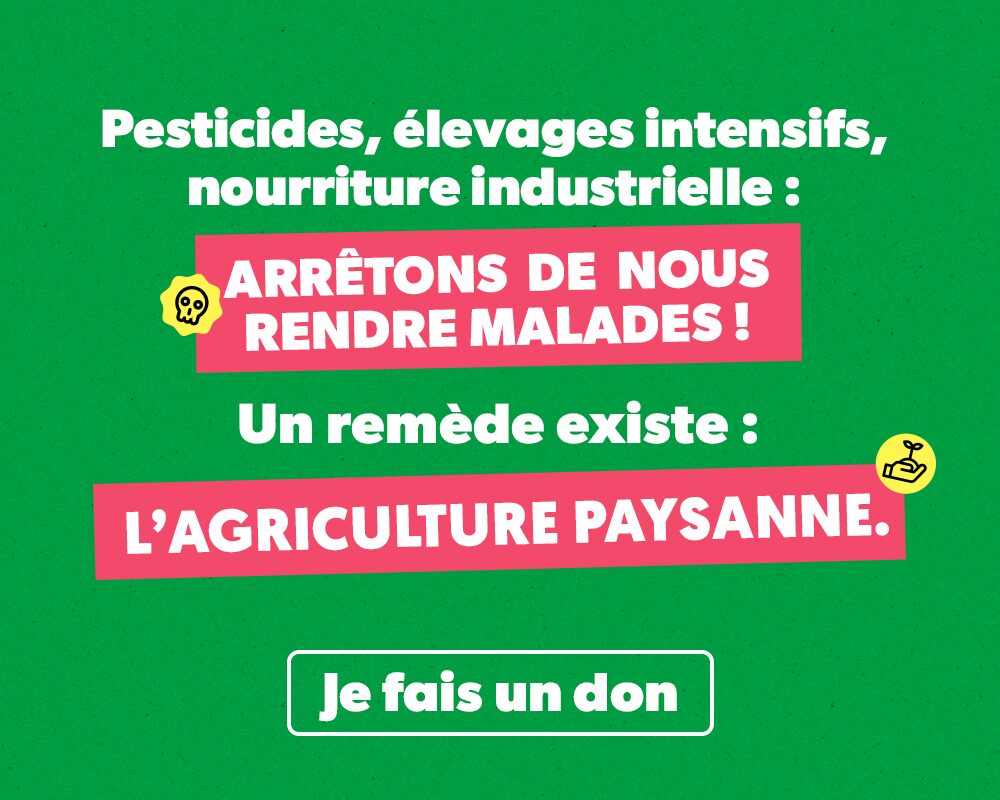Areas of expertise
Complementary skills
For over 40 years, AVSF has offered a wide range of technical skills, used in our projects on the ground in cooperation with smallholder communities and organizations and in conjunction with the skills of our partners who help the NGO carry out its projects.
That expertise helps us identify and solve various complex problems from rural land management and the organization of services and supply chains for crop and livestock farming, to local production and local and international sales, while overcoming the challenges of climate change and biodiversity.
Agroecology
Agroecological transitions, agroforestry, adapting to climate change and mitigating greenhouse gas emissions, preserving biodiversity.
Livestock farming and animal health
Farming practices, veterinary public health, One Health, Pastoralism, ethnoveterinary knowledge.
Sustainable & fair supply chains
Quality and organic sectors, fair trade, short circuits, social and solidarity economy, farmers’ businesses and organizations.
Post-emergency
Support for rural populations during humanitarian crises, natural disasters and armed conflicts.
Equal opportunity
Empowering women and young people and giving them access to resources, training, services and decision-making bodies.
From expertise to action
This panoply of skills serves an unchanged mission: to promote the food and economic autonomy of vulnerable farming families, to strengthen their structuring and representativeness, and to build resilient agricultural systems that are both human and planet-friendly.





